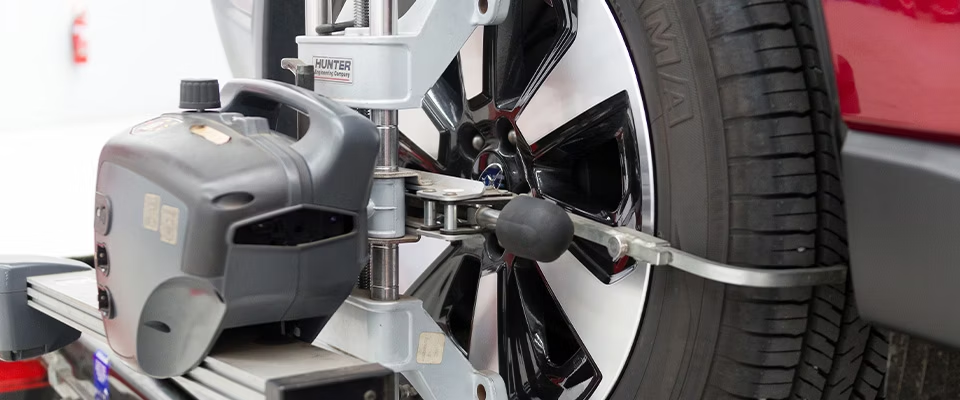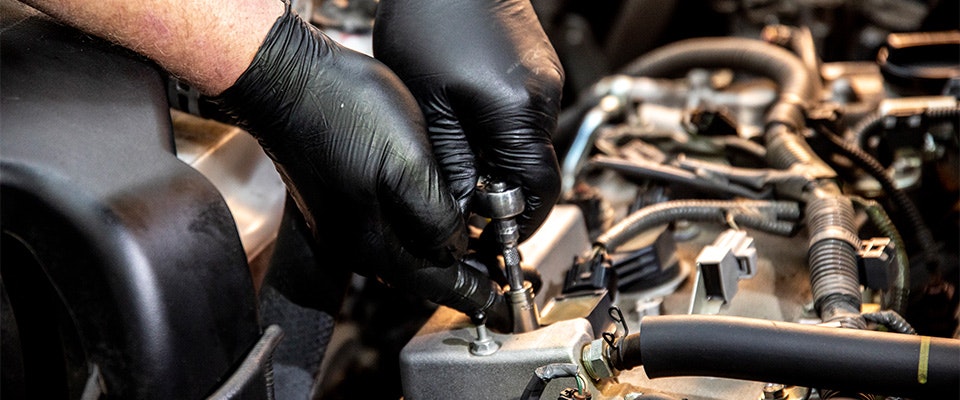
"To keep or not to keep" - that is the question
The idea is that a newer car costs less to maintain - so, therefore, should save us money ... right? This is not always true...
Read moreIt can be obvious when our cars are having engine problems because the symptoms are usually far from a pretty sight.
But what causes these symptoms and when are they the sign of a "dead" engine? In terms of the cause, common culprits of engine problems can be:
In terms of symptoms, one of the worst indicators can be extreme smoke coming from your tailpipe. Other symptoms showing our engine might be going kaput can include:
The good news is that just because we are seeing smoke, doesn't necessarily mean our engine is "dead". Rather, it could mean that it is getting old (but isn't "dead" yet) and we need to be more vigilant with oil top-ups. The important thing is that we need to get the diagnosis as soon as possible because it could mean the end is nigh and a catastrophe is awaiting.
If our mechanics diagnosis is a "dead" engine rather than an "old engine that needs a bit more lovin'", the next question is:"Do we rebuild/replace the engine or do we replace the entire car?". It's a tricky question, because rebuilding/replacing the engine can be an expensive operation so it's easy to start dreaming about the new car we can buy instead of fixing the old.
If it's not only the engine, but also our car that's on its final legs, then a case can be made to replace the whole car. However, when we're doing the sums, we mustn't forget about the "hidden costs" in buying a new or used car.
If our car is in reasonable nick aside from the engine, disposing of it may not be the most cost effective alternative - even with the cost of rebuilding the engine.
Why? Rebuilt engines are often better than the originals installed by the factory, with the new components regularly exceeding original equipment performance and standards. Rebuilt engines also get better fuel mileage and are better for the environment as they emit fewer pollutants and conserve less energy and resources required to manufacture a new engine.
Given that smoke coming from our tailpipe is the worst symptom indicating the engine is on its last legs, we can avoid this by booking our cars in for a regular service with a trusted local (Melbourne) mechanic who will usually be able to anticipate this sort of a problem before it happens. We also need to make sure that our radars are alert to the frequency of oil top-ups. Not only should we make sure it is being topped up regularly (especially for older cars), we should keep notes on how often the top-ups are happening, so that we can easily see if the frequency is significantly increasing.
Weighing up how many years our car has left on the road, the cost of engine rebuilding or replacement and the costs of buying a new car (including the hidden costs) is highly recommended. Jumping into buying a new car without doing the considering all of these factors might leave us short of cash and still with a problem.
Safe driving!


The idea is that a newer car costs less to maintain - so, therefore, should save us money ... right? This is not always true...
Read more
If we have the flexibility in our budget to decide between buying new or used, here are some advantages of each option to help us reach our final decision...
Read more
Buying a second-hand car can be a frightening experience but if we know what to look for we can avoid nasty surprises and even snag a deal. So, on the premise of unwanted surprises and scoring a deal, here 19s what to look out for when buying a used car privately....
Read more